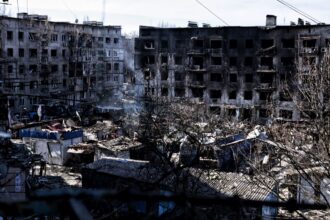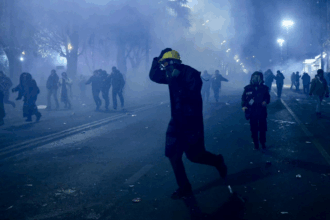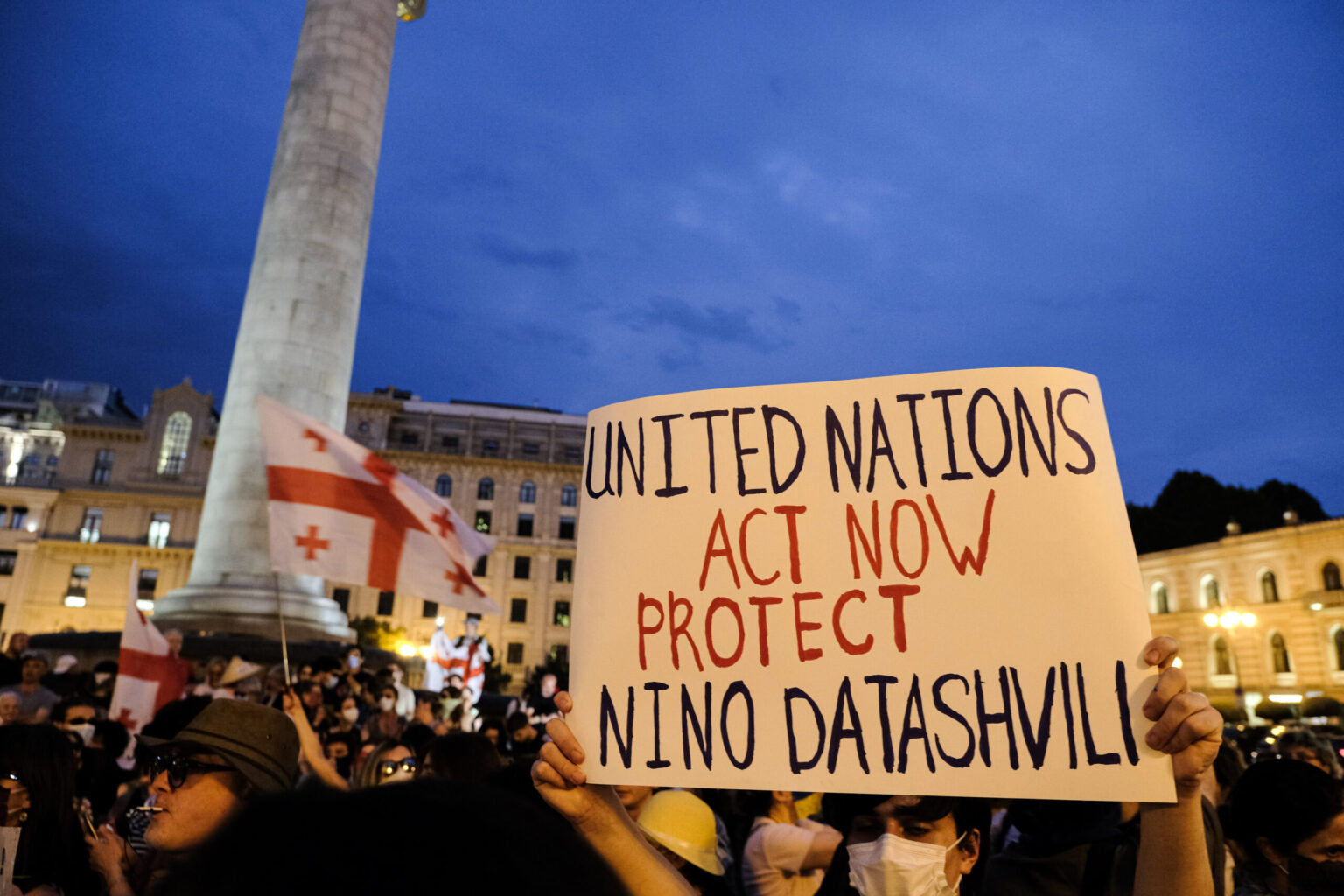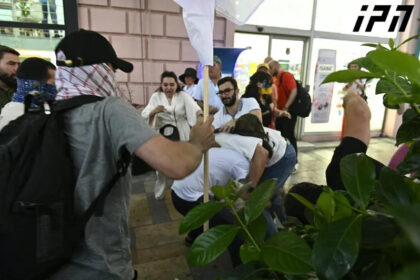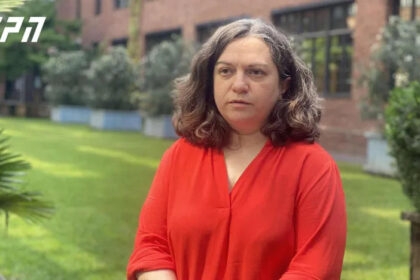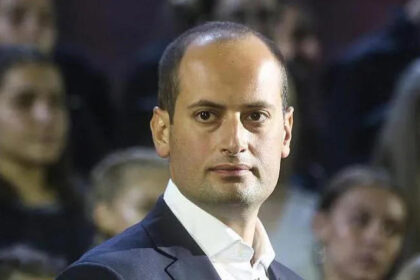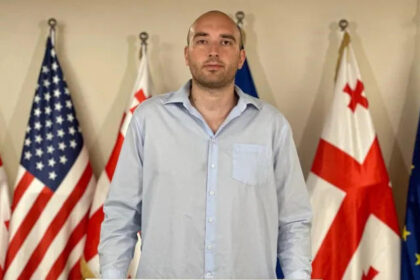**Georgian Activist Nino Datashvili’s Psychiatric Evaluation Sparks Controversy**
A recent psychiatric evaluation of detained activist Nino Datashvili has raised concerns about the Georgian government’s attempts to silence critics. According to reports, experts were secretly brought into Datashvili’s cell to conduct a psychiatric interview, allegedly in an attempt to bypass a court order mandating her forced transfer to a psychiatric facility.
**The Background**
Datashvili was arrested on June 20 and faces four to seven years in prison for allegedly assaulting a law enforcement officer. The charges stem from a June 9 incident where she was forcibly removed from a courtroom by bailiffs. Video footage shows Datashvili flailing her arms as she was restrained, although the nature or force of the contact remains unclear.
**The Controversy**
On August 2, lawyers for Datashvili reported that the court granted the prosecutor’s request to mandate the activist’s forced examination in a psychiatric facility for 20 days. The order was based on Datashvili’s 2019 medical records indicating “emotional lability” as a symptom accompanying a serious and painful spinal condition.
However, this decision sparked widespread condemnation from lawyers and mental health professionals who saw it as an inhuman treatment and a revival of Soviet-era repressive practices of punitive psychiatry. Some have even compared the situation to the “punitive psychiatry” practiced during the Soviet era, where dissidents were subjected to psychiatric evaluations to silence them.
**Datashvili’s Account**
During her court appearance, Datashvili recounted her experiences with police and prison authorities. She alleged that she was forced to undress at the police station, denied access to a toilet for several hours, and made to walk back and forth multiple times so officers could reshoot footage of her.
Datashvili’s account has raised concerns about the treatment of detainees in Georgian prisons. Some women have reported similar experiences with humiliating strip-searching practices by prison authorities.
**The Implications**
Critics say that Datashvili’s case is part of a broader pattern of using harsh criminal charges to target activists and journalists over relatively minor incidents. The Georgian government’s actions have been met with international criticism, with some calling for greater scrutiny of human rights abuses in the country.
As the situation continues to unfold, many are left wondering about the implications for freedom of speech and assembly in Georgia. Will the government continue to use punitive measures to silence critics, or will they take steps to address these concerns? Only time will tell.


